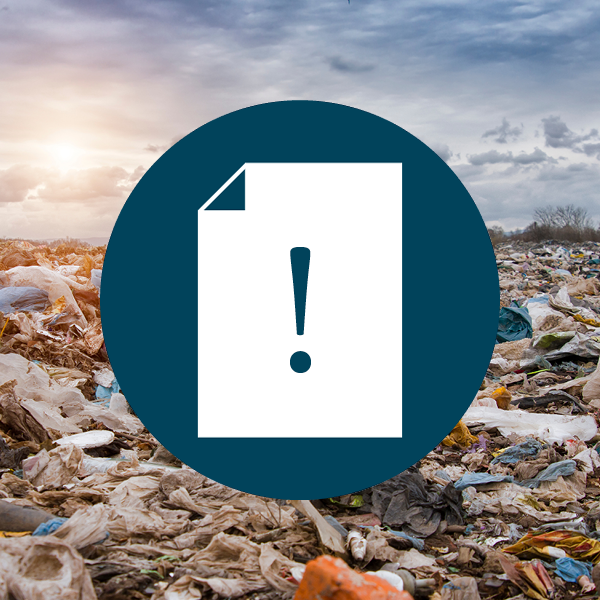Nikko AM is the latest to join a large, worldwide engagement group of investors, becoming a signatory to the investor statement calling out among others for the reduction of single-use plastics.
In May this year, a coalition of a little under 200 investors with US$10 trillion in combined assets under management, signed a statement demanding companies adopt a more radical approach to reduce their reliance on plastics. They warn that the whole plastics lifecycle poses a serious and growing threat to the environment, climate, biodiversity, human rights and public health. Investors are calling for intensive users of plastic packaging – such as FMCGs and grocery retailers – to act more swiftly to address the plastics crisis.
Nikko AM, active in 11 countries and worth over $219 billion in assets under management, has joined the coalition led by the Dutch Association of Investors for Sustainable Development (VBDO). Angélique Laskewitz, executive director of VBDO: ‘Companies need to adopt a more radical approach. Failing to address their impacts, exposes companies to financial risks as well as investment returns, given the wave of action to tighten legislation and the increasing number of lawsuits against companies, as well as the potential threat to brand value.’
Stefanie Drews, President of Nikko AM: ‘Single-use plastics in the fast-moving consumer goods and grocery retail sectors are a risk to public health, the environment and financial bottom lines. Engaging with companies on this topic demonstrates our commitment to nature and society. Becoming a signatory to VBDO’s statement and playing an active part in the ongoing collective engagement is just one component of our commitment to sustainability. We hope we will inspire other investors to sign, as others before us have inspired us.’
Between last July and August, the group sent out letters to two dozen companies like Ahold Delhaize, Danone and Pepsi, demanding to commit to new, concrete targets to significantly reduce material consumption, and eliminate single-use packaging and upscale reusable packaging systems. Soon more will follow, according to Laskewitz. ‘Companies will almost certainly miss existing targets, increasing – rather than decreasing – their use of single-use plastic packaging overall and failing to demonstrate credible and ambitious plans for reuse. We need a new way forward. If they are not willing or able to find it themselves, we will gladly give them a little push towards the right direction.’

